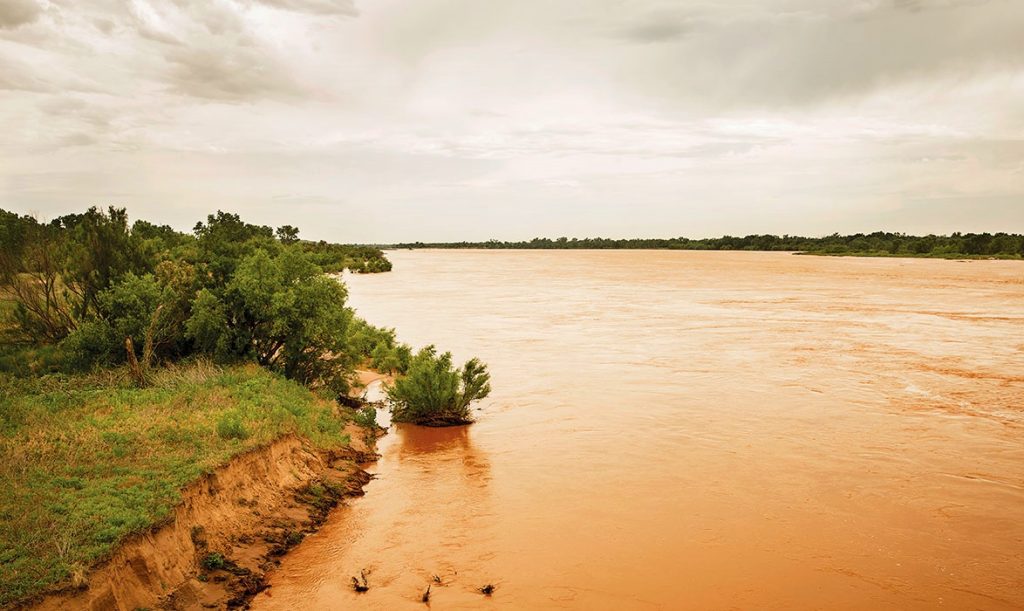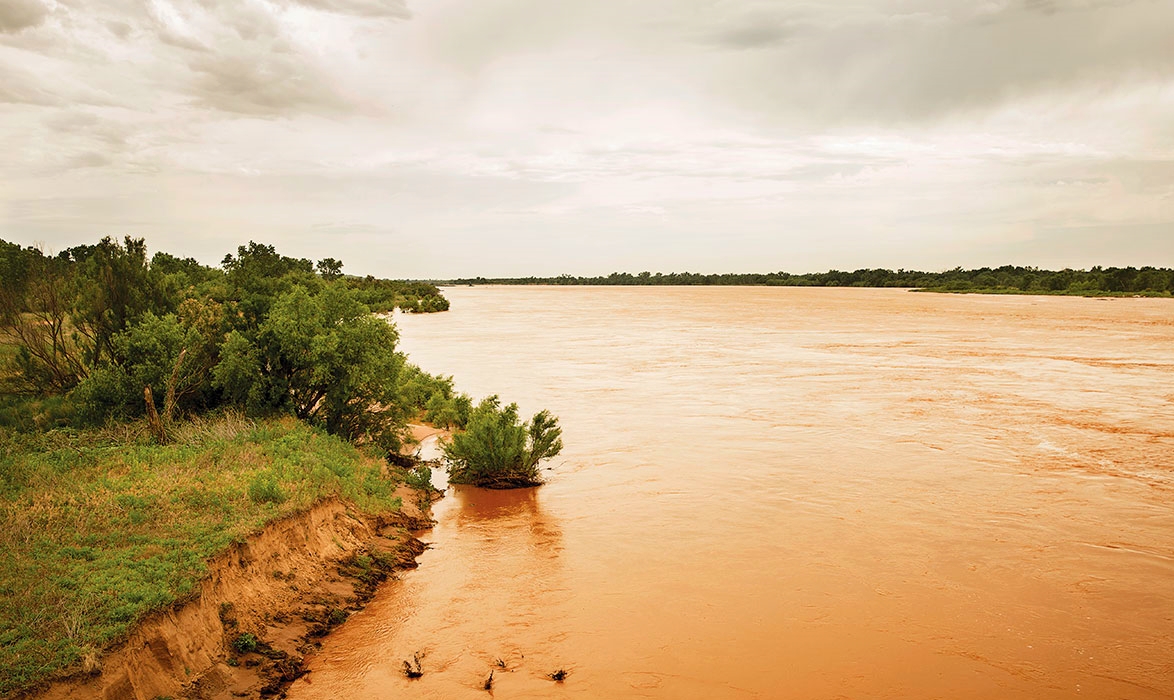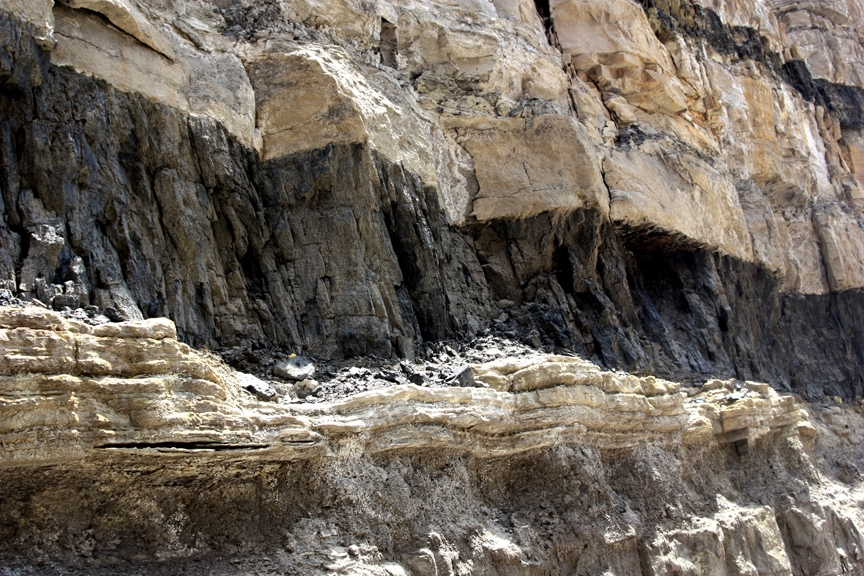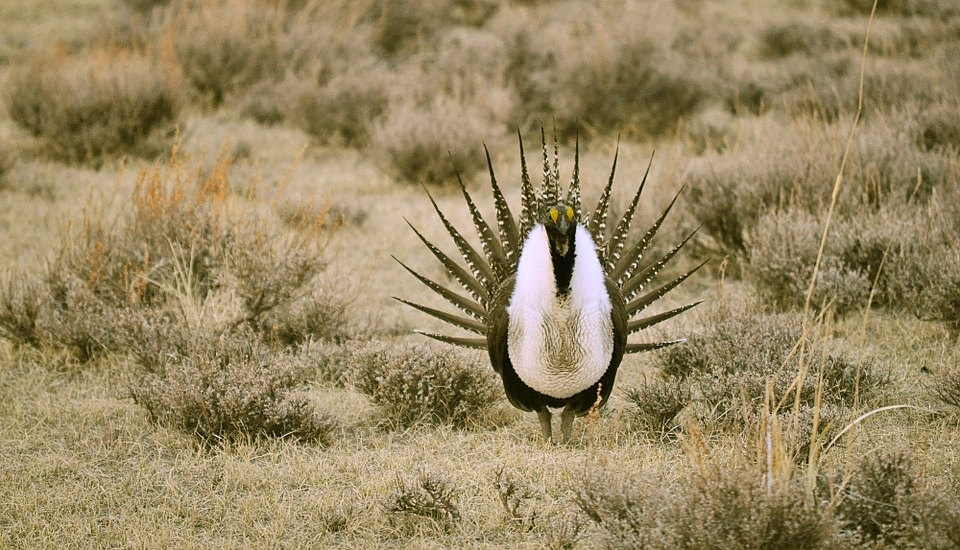The federal judge overseeing the case of Texas landowners and others against the Bureau of Land Management made a mixed ruling Sunday that grants access to land by the federal agency, but with restrictions.
Judge Rules on Red River Access
The federal judge overseeing the case of Texas landowners and others against the Bureau of Land Management made a mixed ruling Sunday that grants access to land by the federal agency, but with restrictions.
Judge Reed O’Connor, U.S. District Court for the Northern District of Texas, partly granted and denied the BLM’s “Motion to Compel Access to Plaintiff’s Land,” allowing access to the landowners’ property but with limitations and certain conditions. The judge denied the plaintiff’s request for a protective order.
“Because the disputed boundary between Plaintiffs’ properties and federally-owned land is clearly relevant, Defendants will be permitted access to the northern boundary of Plaintiffs’ land for inspection,” the judge wrote in his ruling. “The Court orders the following conditions be imposed on the inspection in order to facilitate Defendants’ safety and alleviate some of Plaintiffs’ concerns.”
The BLM in its original motion asked that its surveyors and armed federal law enforcement escorts be allowed access to all acreage of a landowners’ property as part of their discovery efforts for the case. Attorneys for the plaintiffs said the BLM could access the land in question through federal lands to the north instead of through the entire expanse of the property.
O’Connor said it is essential for the BLM to be able to access the relevant disputed lands, not all lands, and having to navigate the Red River is not a feasible option.
“Because of the safety risk, financial expense, and unnecessary delay that would result from forcing Defendants to access the northern boundary of Plaintiffs’ land from public access points, Defendants will be allowed to access the disputed area by crossing Plaintiffs’ land,” he said. “Plaintiffs shall notify Defendants of the route they are permitted to take to the northern boundary within 3 days of this order and Defendants must strictly adhere to that route. To facilitate an efficient inspection and ensure Defendants restrict their survey to the disputed area, a local deputy sheriff may escort the BLM inspection team directly to the northern boundary that abuts the southern gradient boundary of the Red River.”
Plaintiffs also asked the judge to require any federal employee or agent to sign a liability waiver, indemnifying the property owners of responsibility for injury or damages. The judge said that isn’t necessary, but the BLM must provide a written notice to all participants of all the inherent dangers they might encounter including “unstable terrain, sinkholes, poisonous snakes, wild animals, and hunters.”
O’Connor also said it is reasonable for the BLM teams to have armed escort because of those dangers they could face while conducting business. He added that ensuring a safe and efficient inspection of the disputed lands does not violate the landowners’ Fourth Amendment right to freedom of illegal search and seizure.
While the judge has granted access to the landowners’ property, he did outline specific conditions for doing so, including:
- Defendants will have access to every individual Plaintiff’s parcel of land for no more than three days.
- No inspection will be permitted on Saturday or Sunday.
- Every inspection must be conducted Monday to Friday between the hours of 8 a.m. and 5 p.m.
- Plaintiffs are not required to be present during the inspection but are certainly permitted to observe the inspection and access their land at all times, provided they do not interfere with Defendants’ inspection.
- Defendants must provide at least three days’ notice to each Plaintiff indicating the names and titles of all personnel who will be present for the inspection, every date an individual Plaintiff’s land will be subject to inspection, and the exact time Defendants plan to arrive and depart from the parcel.
- All Defendants must show photo identification before entering Plaintiff’s land for inspection.
- Defendants are prohibited from damaging or disturbing the property in any manner, other than as needed to carry out the survey, and shall ensure any gate they open is securely fastened before leaving the gated area.
- Defendants are prohibited from damaging or disturbing any animals, hunting areas, feeders, or stands.
- Defendants are prohibited from smoking while on Plaintiffs’ property.
- Defendants are prohibited from undertaking any excavation, soil sampling, or movement of earth.
- Defendants may not enter any building or disturb any structure on Plaintiffs’ properties.
John Ingle




